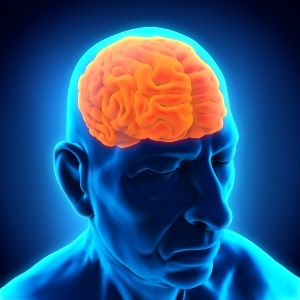But because our stroke medical world is fucking incompetent we still don't know how fast is fast enough to get fully recovered using tPA.
12% full recovery using tPA
And full recovery after that is even worse; Only 10% get to full recovery.
The stroke medical worlds definition of success doesn't correspond to survivors definition at all; 100% recovery is the only goal, not 'care', reperfusion or survival. But this is great conscience laundering.
Be prepared to take FAST action if you suspect a stroke
To help you recognize the signs of stroke, the (US) National Stroke Association wants you to remember F-A-S-T, or fast.
1m 51s

Exercise helps prevent strokes in women
A
Harvard university study of 40,000 women aged 45 years and over has
shown that moderate exercise can reduce the chance of having a stroke.
Interestingly it was moderate exercise levels that showed the greatest
benefit.
To help you recognize the signs of stroke, the National Stroke Association wants you to remember F-A-S-T, or fast.
F stands for "face". Signs of stroke include drooping or numbness on just one side of the face. An uneven smile is another clue that something's wrong.
A stands for "arm". Is just one arm weak or numb? If the person tries to lift both arms, does one drift downward? In general, stroke signs appear on just one side of the body.
1m 28s

21-year-old stroke sufferer becomes cheerleading champion
A
junior doctor was left unable to recognise her own sister, after a
tangled mass of veins in her brain - which she nicknamed Ralph -
ruptured, following a cheerleading stunt.
T stands for "time". It's time to call 911 if you see any of these symptoms. Even if the symptoms go away, the person needs to get to the hospital fast. There's a finite window of opportunity for care,(Look at the fucking tyranny of low expectations here; 'care' NOT recovery or results) particularly the administration of a specialised clot-busting medication, needed when the stroke is due to a blood clot.
More signs of stroke
- Sudden numbness or weakness in one leg
- Sudden confusion
- Trouble understanding, seeing or walking
- Dizziness or lack of balance
- A sudden severe headache with no known cause
To protect yourself and loved ones, learn all you can about stroke now, so you'll be prepared should an emergency strike.

No comments:
Post a Comment